
Updated: July 2024
Despite what you might have read, you can measure candidates’ soft skills accurately—you just need the right methodology.
In this article, you’ll learn how accurate soft skills assessments lead to the best new hires, where traditional techniques fall short, and which method delivers the biggest return on investment.
What is a Soft Skill Assessment?
A soft skill assessment is a method of evaluating or verifying a person’s interpersonal and communication abilities, like active listening, decision-making, problem-solving, and empathy.
Other examples of soft skills you can test include:
- Emotional intelligence
- Time management
- Leadership ability
- Adaptability
- Conflict resolution
Recruiters use soft skills tests to determine job candidates’ suitability for customer-facing roles, like contact center agent, sales rep, or help desk tech.

Soft skills are more subjective than technical skills (or “hard” skills), such as proficiency in a piece of software or coding language. That makes it difficult to accurately measure them using traditional methods like interviews and multiple-choice personality tests.
Fortunately, those aren’t the only techniques available.
For example, AI assessments can be tailored by role and industry to scientifically measure a candidates’ soft skills and guarantee better hires. More on that to come.
Note: It’s also possible to take a personal soft skills self-assessment. This is when applicants and employees measure their own soft skills with an online assessment tool, cognitive ability test, 360-degree feedback, or similar. It’s useful for personal development but not so relevant to hiring managers.
Why Invest in Accurate Soft Skill Assessments? Key Outcomes
Think back to the last time you were wowed by service.
Perhaps a doctor made you feel safe and reassured at a difficult time. Or maybe your phone company went above and beyond to fix an issue quickly.
Those great experiences happened because the people who helped you had strong soft skills.
They knew how to listen, and responded fluently. They were ready for your objections and able to build rapport.
When you accurately measure candidates’ soft skills pre-hiring, you can ensure they’re equipped to deliver equally impressive customer experiences. The kind of experiences that build loyalty and advocacy.
What’s more, assessing candidates’ soft skills early in the recruitment process is proven to boost business performance.
When we analyzed more than 5,000 hiring outcomes, we found that skills-based hiring (measuring both soft and hard skills) reduced bad hire rates from 4.5% to 0.5% and improved sales by 10%.
No wonder it’s a priority for around three-quarters of recruiting pros.
So, what do the outcomes of a soft skill assessment look like close up?
Efficient Hiring, Even at Scale
Accurate soft skills assessments streamline your hiring process by allowing you to quickly identify the best candidates before speaking to them.
Filtering out unsuitable candidates early frees time and resources to spend on other critical work, like onboarding new hires and managing existing employees.
That’s useful if you’re hiring for a couple of roles every now and then. But it’s revolutionary when you’re targeting hundreds of new employees every month.
Reduced Attrition Rates
Soft skill assessments make it easier to identify (and recruit) highly skilled employees. And those employees typically stay for longer and demonstrate better job performance.
That’s especially true in sales and customer service. Going back to our Skills-Based Hiring Performance Report, we found that:
- For every one top-skilled customer service employee hired, 27.3 bottom-skilled employees attrited
- For every one top-skilled sales employee hired, 9.8 of the bottom-skilled employees attrited
Reducing turnover like this has many knock-on benefits for your business, such as lower hiring costs, improved morale and productivity, and a stronger employer brand.
A Culture of Collaboration and Productivity
Employees with strong interpersonal skills (i.e., people skills) are better equipped to work together, as they can communicate efficiently and contribute to each other’s success.
They create the kind of supportive and collaborative environments where innovation and efficiency thrive.
Over time, this culture of collaboration and productivity makes your company a more attractive place to work, helping you retain top talent and stay competitive in your industry.
For example, collaboration is a key theme of Verizon’s recruitment marketing:

Verizon can only build the welcoming, collaborative culture it promotes by hiring people with the right soft skills.
Soft Skill Assessments: The Challenges
It’s clear that accurate soft skill assessments are valuable, especially for high-volume recruiters.
But there are challenges.
Planning for and overcoming the following obstacles will help you choose the best soft skill measurement solution for your business:
The Cost of Solutions
Each method has associated costs, such as subscription fees or staff training expenses. Balancing that investment against potential benefits is essential.
Before weighing up soft skill assessment costs, list your hiring challenges and determine how they’re currently impacting your business.
For example, a high attrition rate means you have to repeatedly hire and train new staff. It’s an expensive cycle to be stuck in. Effective soft skill assessments are likely to reduce turnover, justifying your initial outlay and freeing up budget for other business areas.
Lack of a One-Size-Fits-All Solution
Soft skills that are critical in some industries differ from those needed in others. It means different roles and recruitment scenarios require tailored approaches.
You must carefully select or customize a tool to fit your unique hiring needs, which is tough in such a busy market where every solution claims to be the best.
Check out our rundown of the best candidate assessment tools for more information on what’s available and which problems they solve. In it, we explore each tool’s key features and specialisms.
The Need for Company Buy-in
Implementing a new skills assessment method means getting support from your managers and wider team.
Overcome resistance by educating your company’s leadership on the value of accurate soft skills assessments. Sharing this post will help, but you can also demonstrate positive outcomes using case studies and pilot programs.
For example, this HiringBranch case study demonstrates how a Fortune 50 company saved 8,000 USD per poor hire not hired and cut 50% of recruiters’ hiring time. Tangible figures like these reassure senior decision-makers that investing is worthwhile.
4 Ways to Do a Soft Skill Assessment
There are a few ways you can measure candidates’ soft skills. But not all will give you the accurate insights you need to make great hiring decisions.
Here are four of the most popular methods in more detail.
1. Multiple-Choice Behavioural Tests
Multiple-choice tests evaluate how candidates respond to different scenarios by providing several answer options. They assess attributes like empathy, teamwork, and problem-solving skills based solely on candidates’ choices.
The issue is that, with a job at stake, candidates taking soft skills assessment questionnaires can choose answers they believe are expected rather than those that reflect their true behaviour. They may even have found what they think are the “right” answers from other applicants.
Either way, it leads to inaccurate assessments of their actual soft skills and, ultimately, poor hiring decisions.
Even when both employer and candidate have the best intentions, these tests oversimplify complex situations and lack the depth of more open-ended assessment methods. It’s then harder to gauge a candidate’s full range of abilities—especially in critical thinking.

Download the full battle card.
We’re so confident that multiple-choice assessments aren’t the best way to measure soft skills that we recently ditched them to go 100% open-ended speech and chat questions.
2. Interviews
In interviews, you can ask candidates to describe past experiences and how they handled specific situations. It helps gauge their problem-solving abilities and communication skills, but only at a basic level.
The biggest challenge is that pre-employment interviews are prone to bias, as each interviewer may take a slightly different approach. They may even use their own questions or go off-topic if the hiring process isn’t standardized.
It means that the more people you have asking interview questions, the less consistent (i.e., useful) the results become. That’s a huge problem in high-volume hiring where you’re likely to need many interviewers, as you won’t be able to directly compare the data you collect.
Question structure, standardization, and delivery can also hinder accuracy, so you’ll need plenty of time for careful planning. And even with a solid interview process in place, you run the risk that candidates will prepare rehearsed answers that don’t reflect their true abilities.
The results? More bad hires and a lot of wasted effort.
If you’re hiring internally, or already understand a candidate’s soft skills, interviewing will allow you to dig deeper into their motivations and ideas. But for high-volume hiring, it’s neither efficient nor effective.
3. Job Simulations (Role-Playing)
Job simulations place candidates in scenarios that mimic real job challenges, like resolving customer complaints or making sales pitches. The aim is to provide a realistic view of how candidates apply their soft skills in practice.
The main challenge with job simulations is the resource intensity, as they require so much time and effort to set up and evaluate. The bigger your hiring targets, the more resources you’ll need.
Candidates may also feel nervous during simulations, which affects their performance and the accuracy of their results. Or there’s a risk of them performing well in a simulation but struggling with different or more complex real-world situations.
Keep in mind that creating realistic and relevant scenarios can be difficult in itself, and you might not be able to simulate every aspect of every position you need to fill.
4. Open-Ended Questions and AI
So, when traditional talent assessment methods won’t cut it, how do you get applicants to demonstrate their skills in a way that you can objectively evaluate? And then map those competencies to a testing framework for the job you’re hiring for?
Most importantly: how can you do it all daily, at scale, and without blowing your budget?
Many talent teams are turning to AI communication software to accurately and efficiently assess future employees’ soft skill sets.
Rather than rely on rigid templates or bias-prone interviews, tools like HiringBranch use open-ended speech and chat questions tailored to specific roles and industries.

By analyzing not just what candidates say in their responses but also how they say it, AI models can accurately measure their abilities in areas like acknowledgement, building rapport, probing, and empathy.
Using this method pre-hire assessments evaluate candidates’ actual soft skills instead of just verifying what’s on their resumes. Hiring teams get a clear idea of what each prospective employee is capable of (and which jobs they’re suitable for), even if they’re not aware of it themselves.

As for your candidates, they get the relevant assessments and simple application processes they’re crying out for—the kinds that get your employer-employee relationship off to the best start possible. Everybody wins.
Where Next? How to Start Your Journey to Better Hiring
Picked the perfect soft skills assessment tool? Brilliant. Now, follow these steps for faster talent acquisition and better hires:
- Measure the status quo. Collect baseline data on the hiring outcomes you’re keen to improve. Time-to-hire, attrition, and employee performance metrics will give you a clear benchmark for measuring the impact of your new soft skills assessment method.
- Get buy-in from your company. Engage co-workers and key stakeholders, including senior leadership, to explain the value of soft skills assessments. This Skills-Based Hiring Performance Report can help.
- Schedule a demo. Book a meeting or demo to see your chosen soft skills assessment tool in action. Any vendor worth considering will be ready to discuss your hiring challenges, show how assessments work, detail pricing, and explain the onboarding process.
- Implement your new method. Integrate the assessment tool into your hiring workflow, ensuring the whole team knows how to use it. Establish clear guidelines and best practices to maintain consistency and accuracy across your recruitment efforts.
- Measure the outcomes. Analyze your KPIs (the baseline metrics you chose) to evaluate your solution’s impact. Compare the new data against your benchmarks to gauge improvements in hiring quality, retention, and overall performance.
Final Thoughts
Having a fast, reliable way to measure candidates’ soft skills gives your team and business a powerful advantage.
While your competitors waste time and effort on outdated techniques like interviews and multiple-choice personality assessments, you can focus solely on filling skill gaps, onboarding the best talent, and building your employer brand.
Image Credits
Feature Image: Unsplash/Christin Hume
Image 1, 3-5 Via HiringBranch. Not to be reproduced without permission.
Image 2 Via Verizon










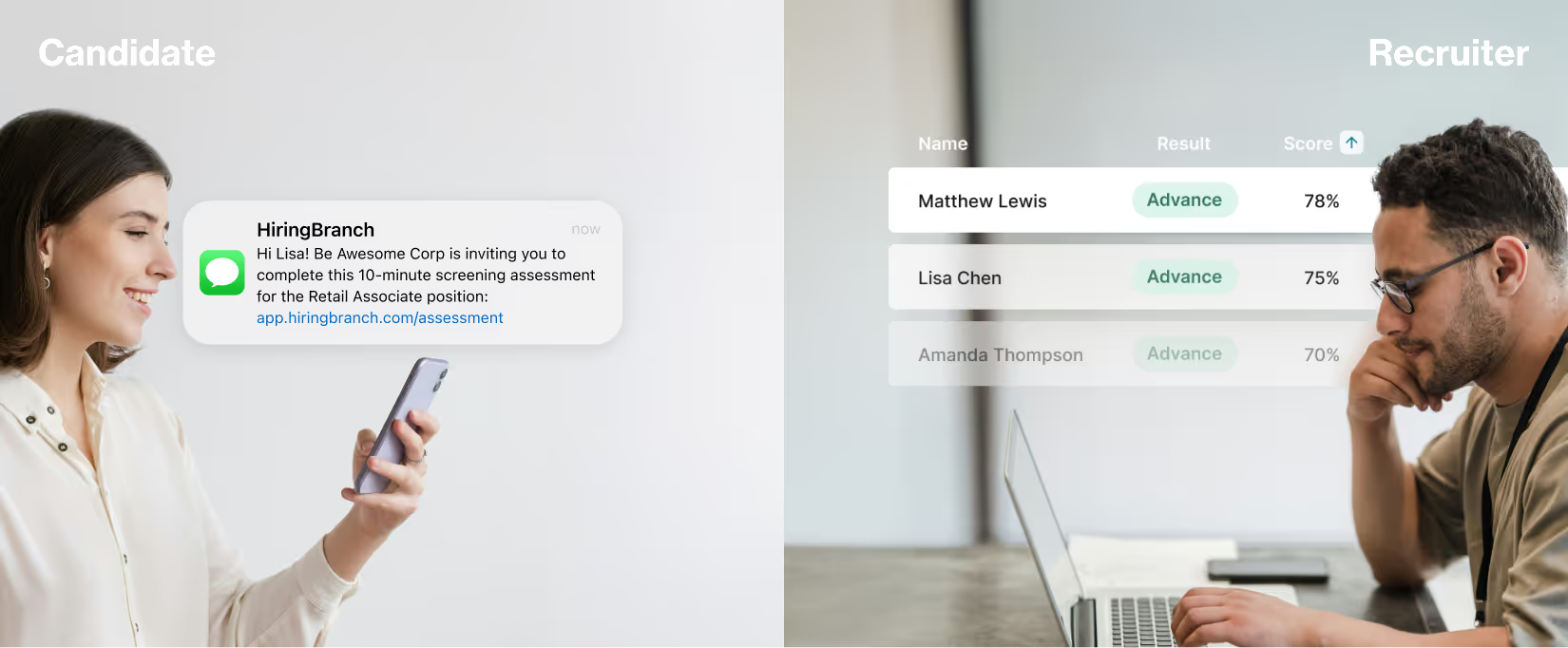




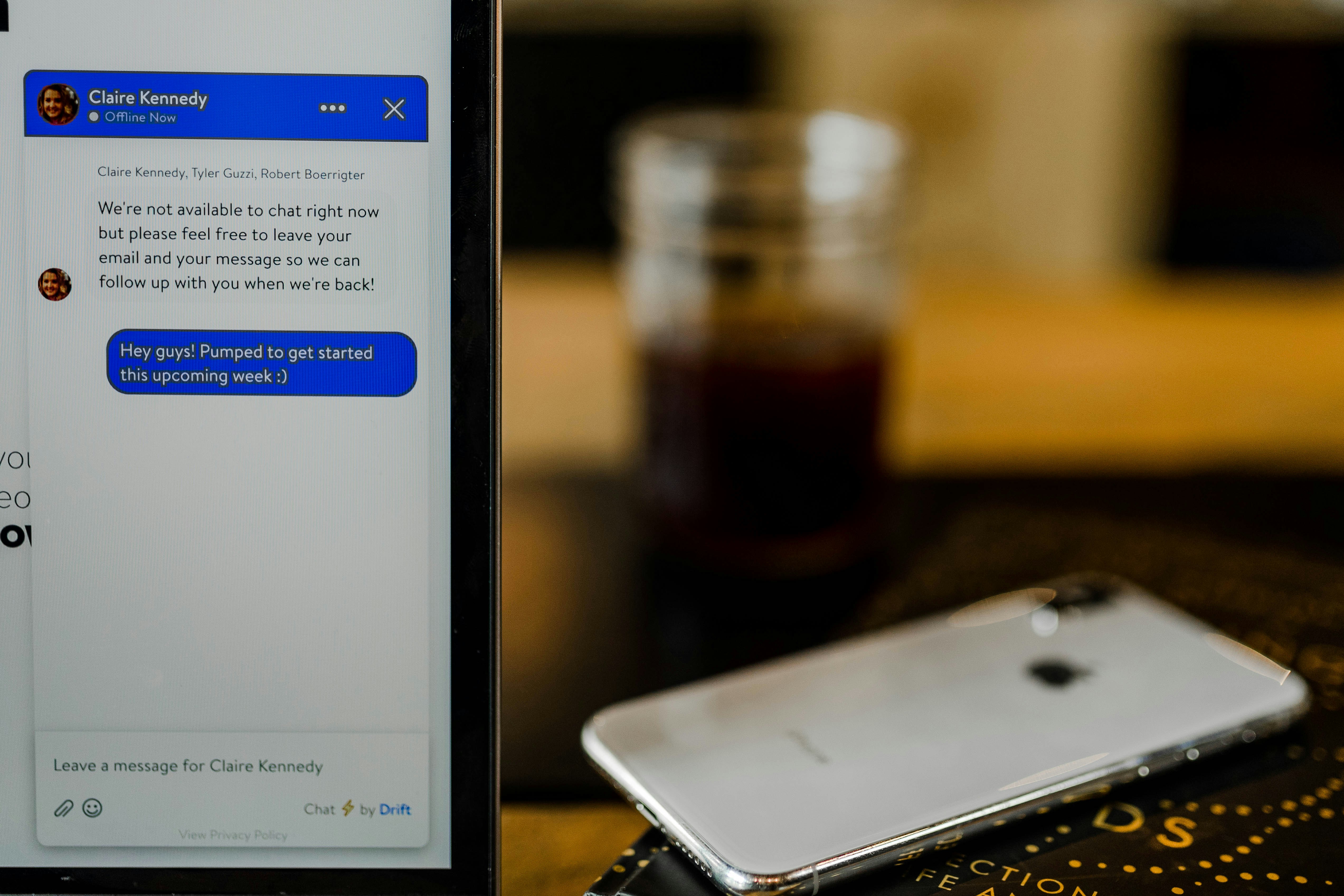









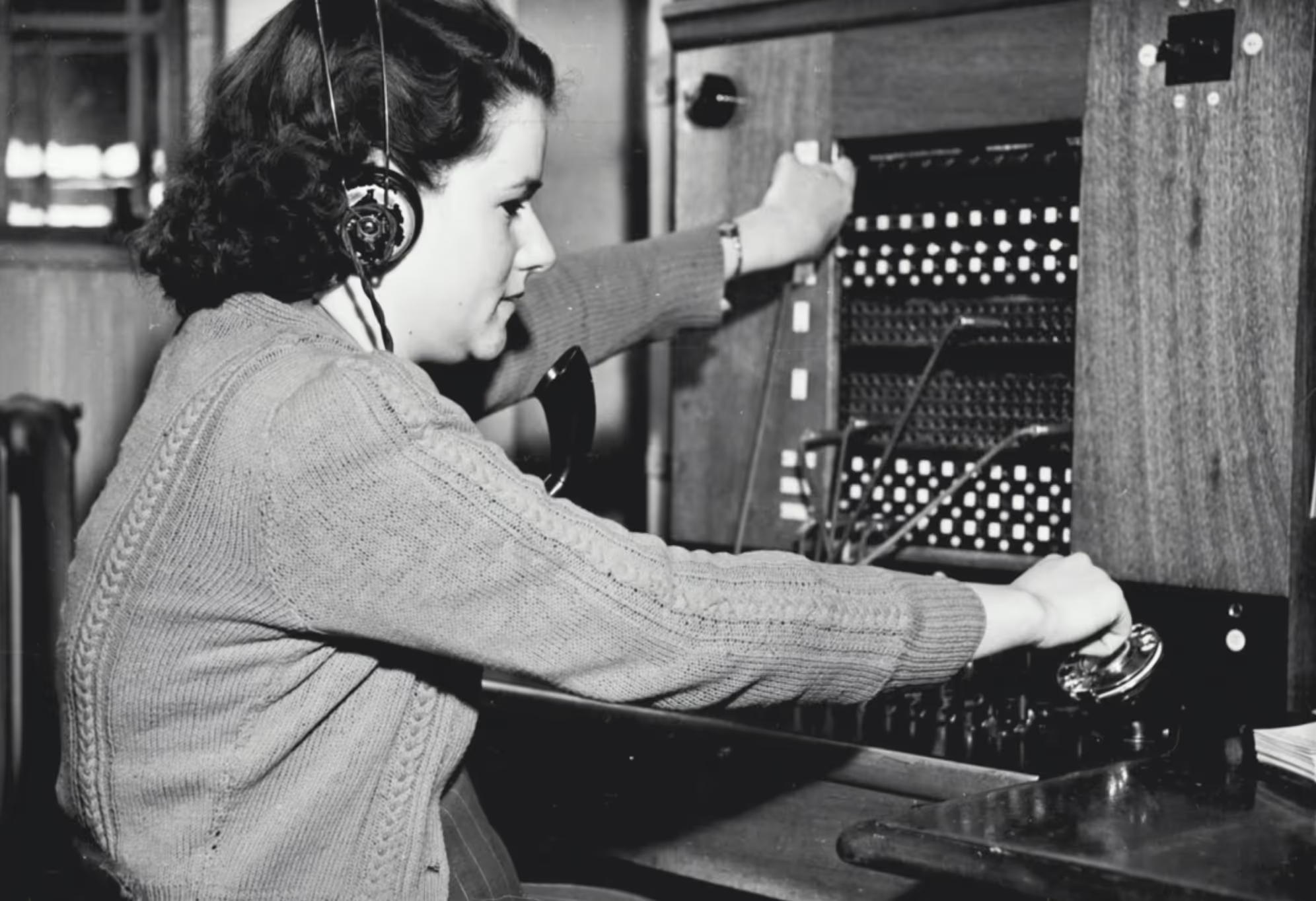















.jpg)

.jpg)

























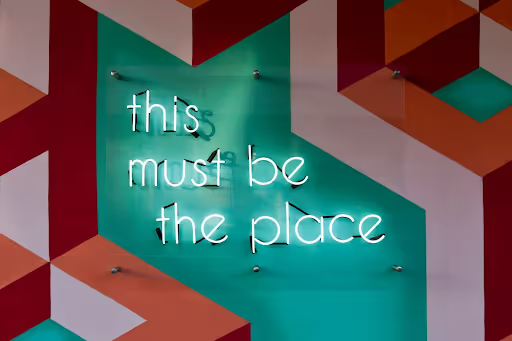

.avif)




.avif)
.avif)


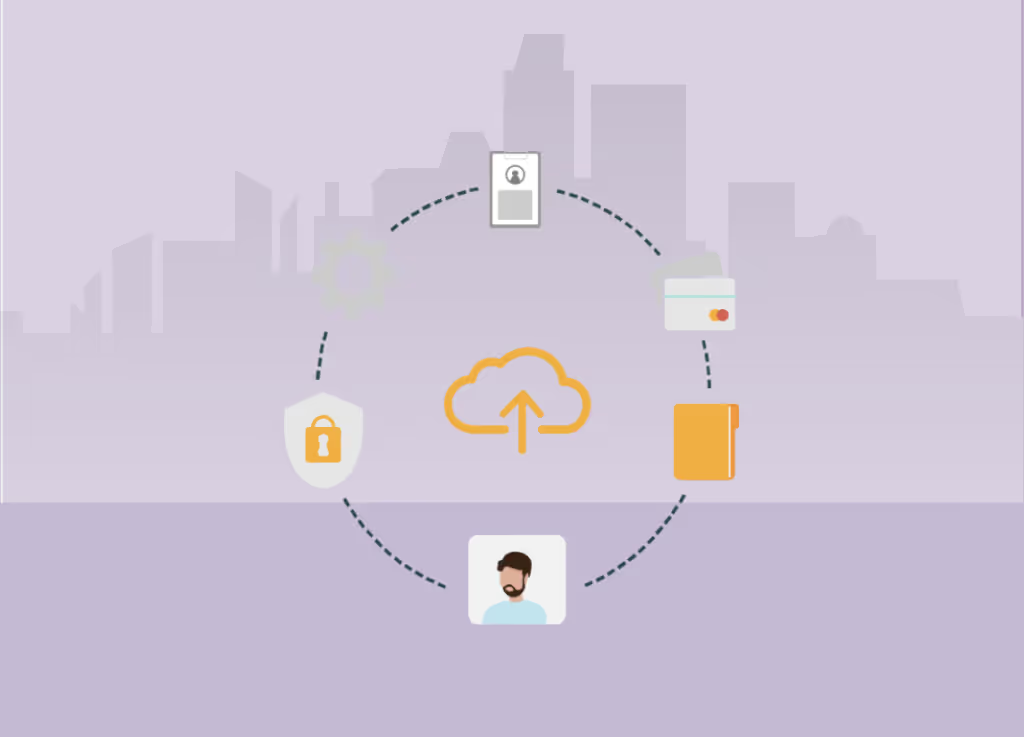


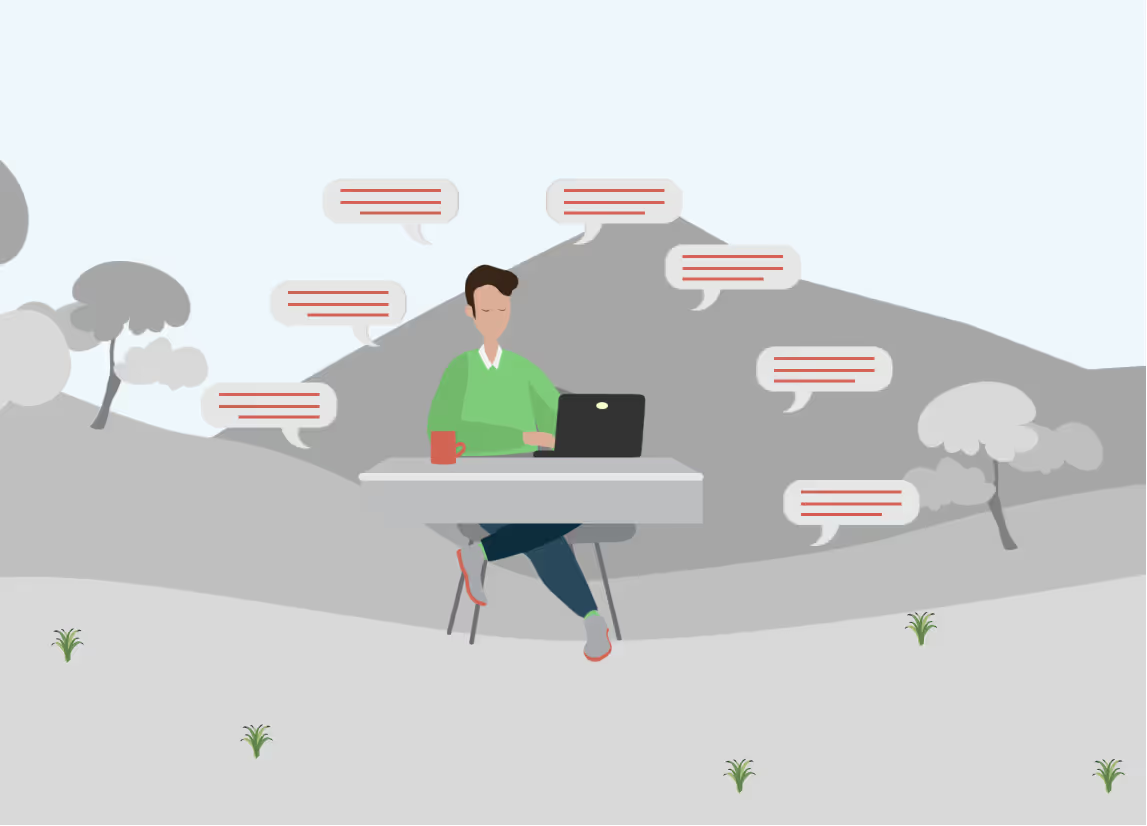




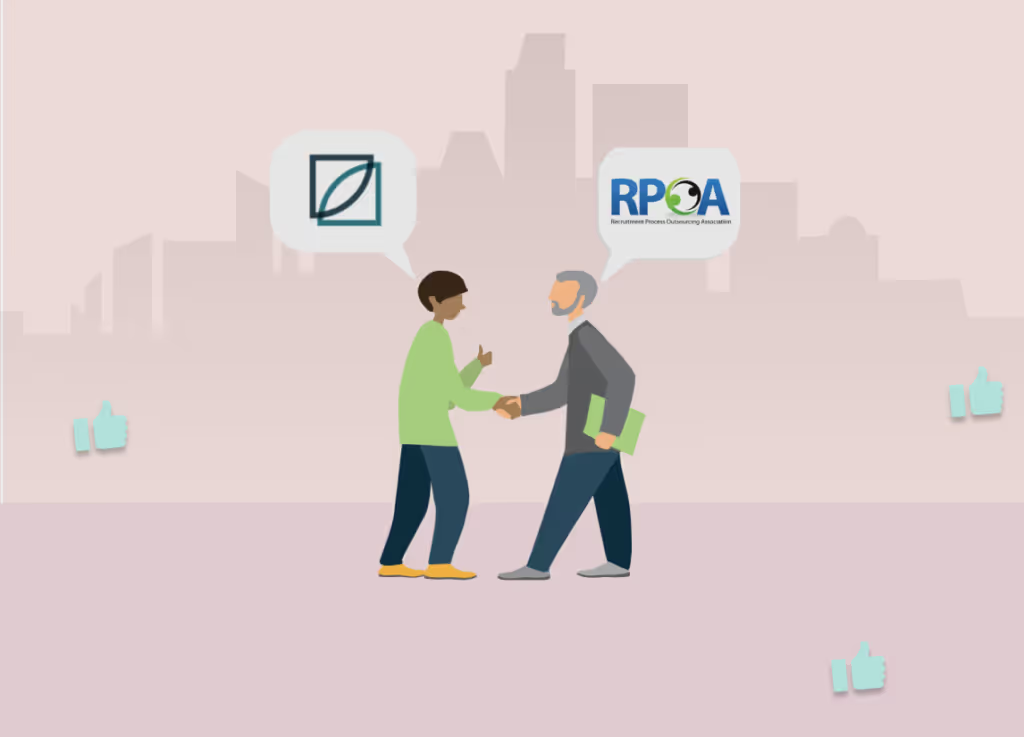

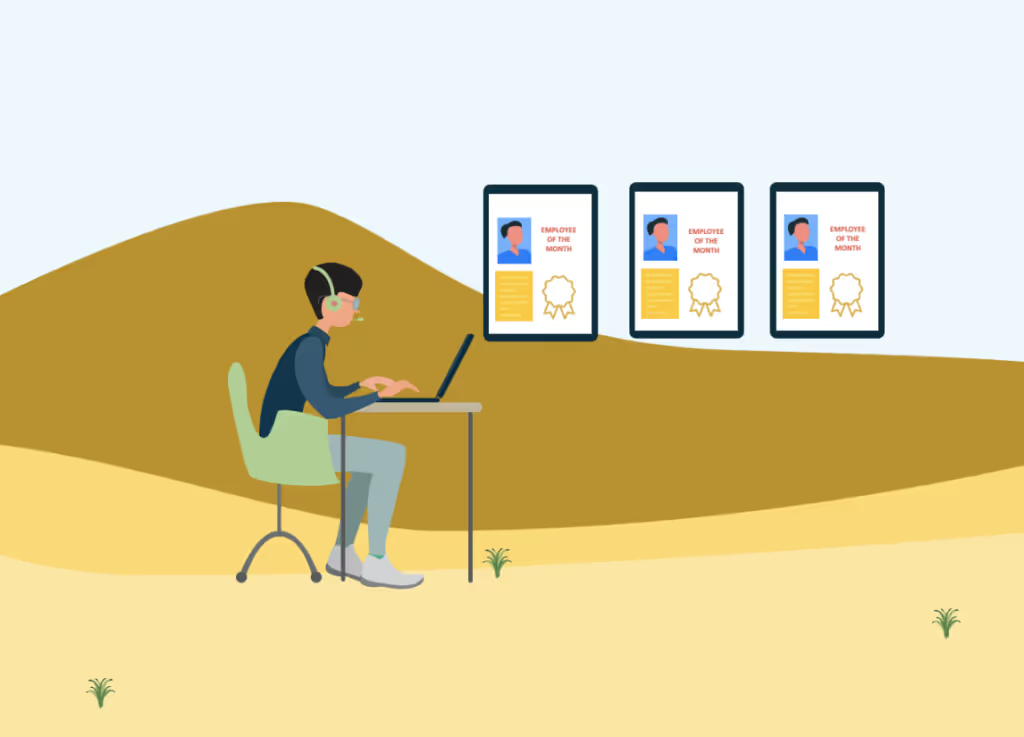








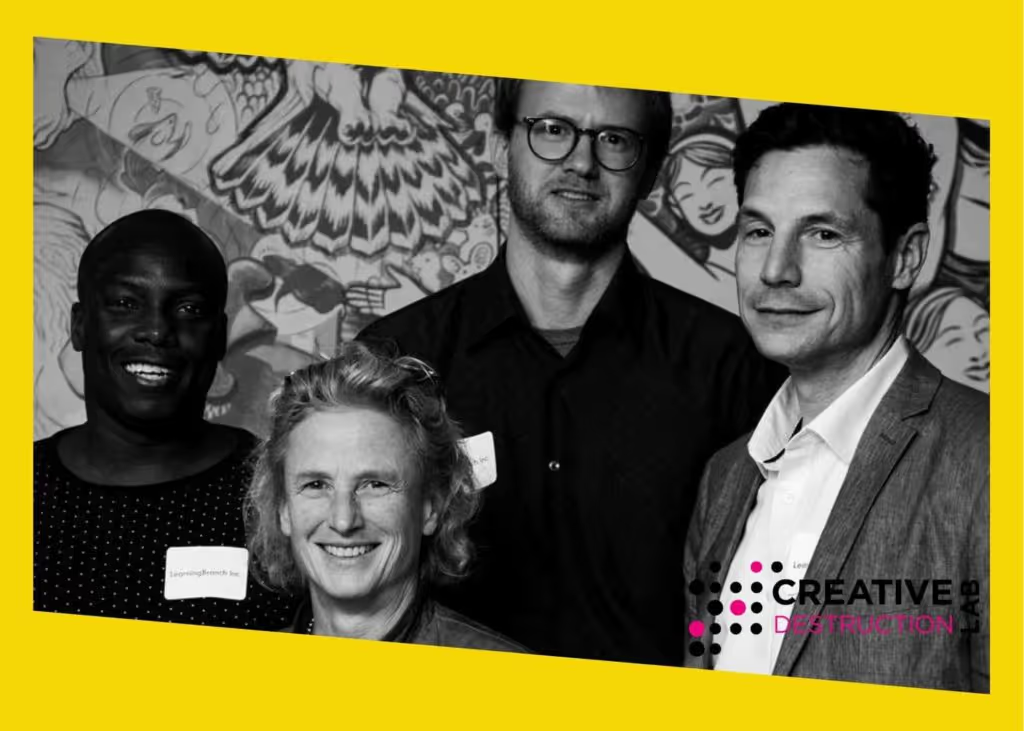

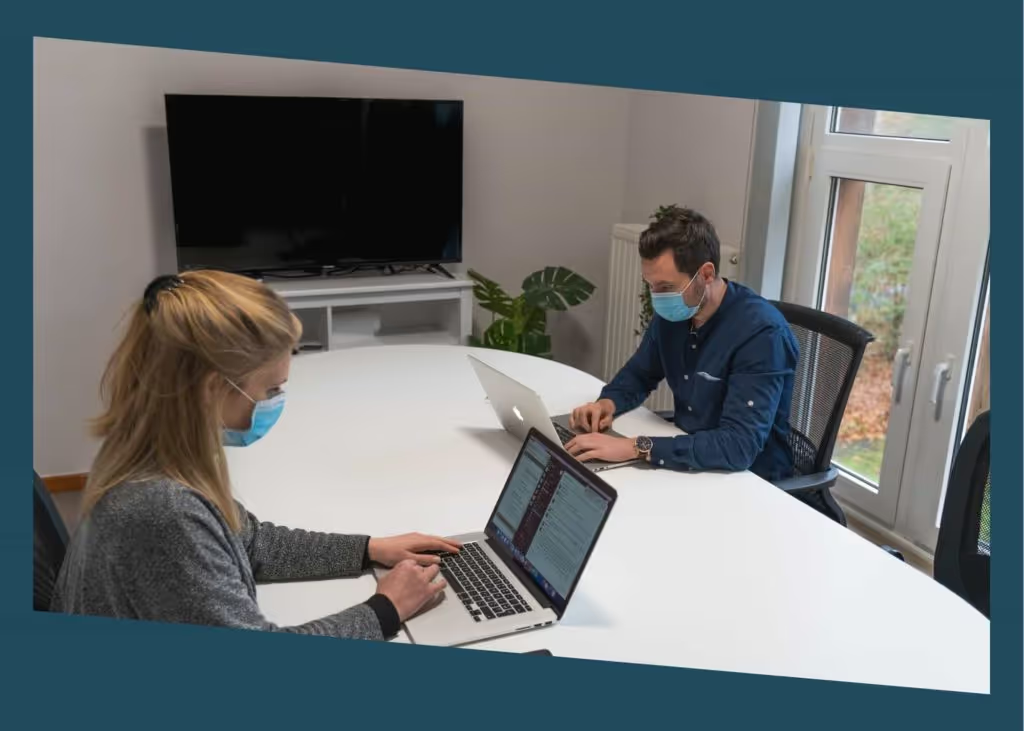
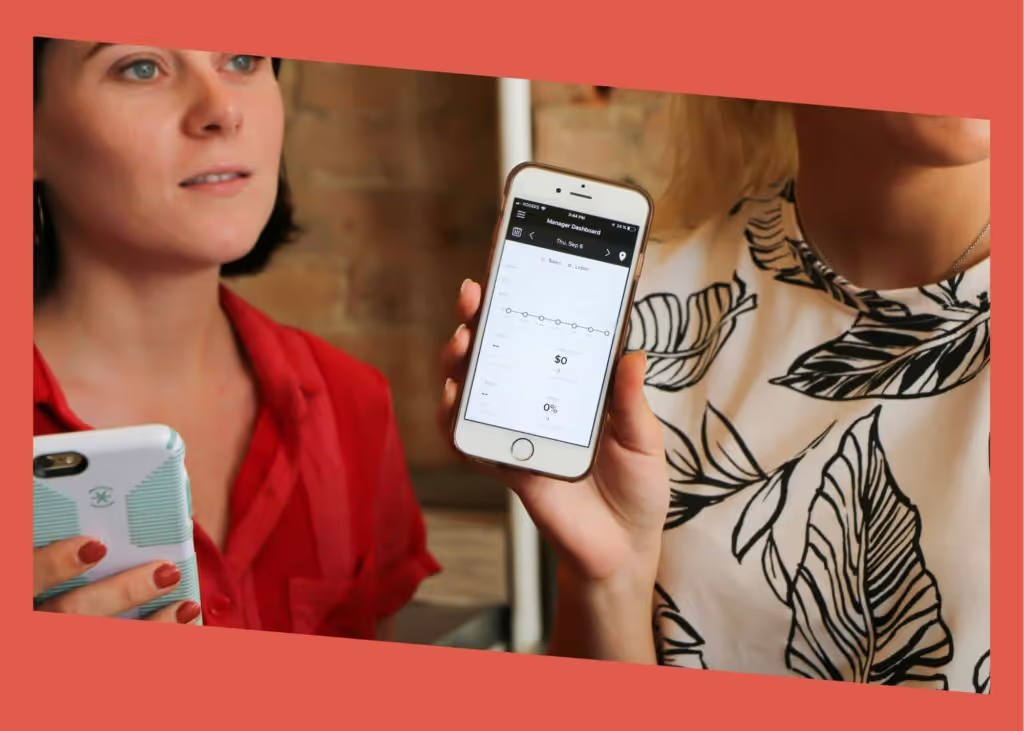





.webp)

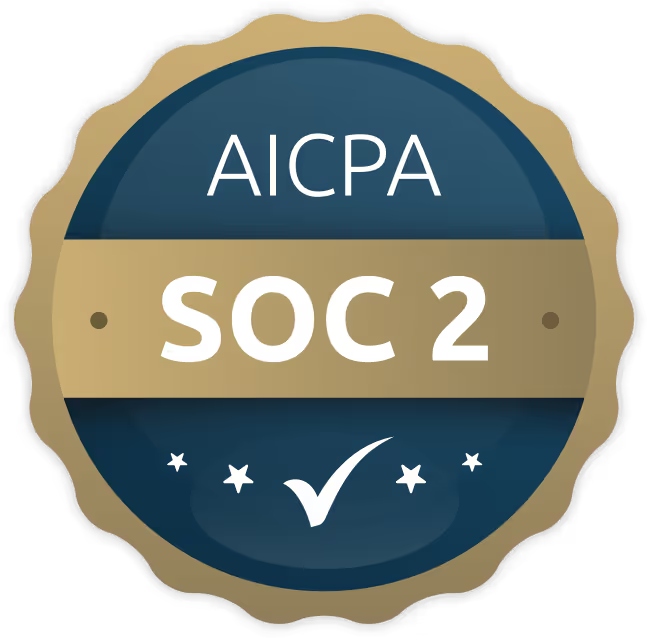


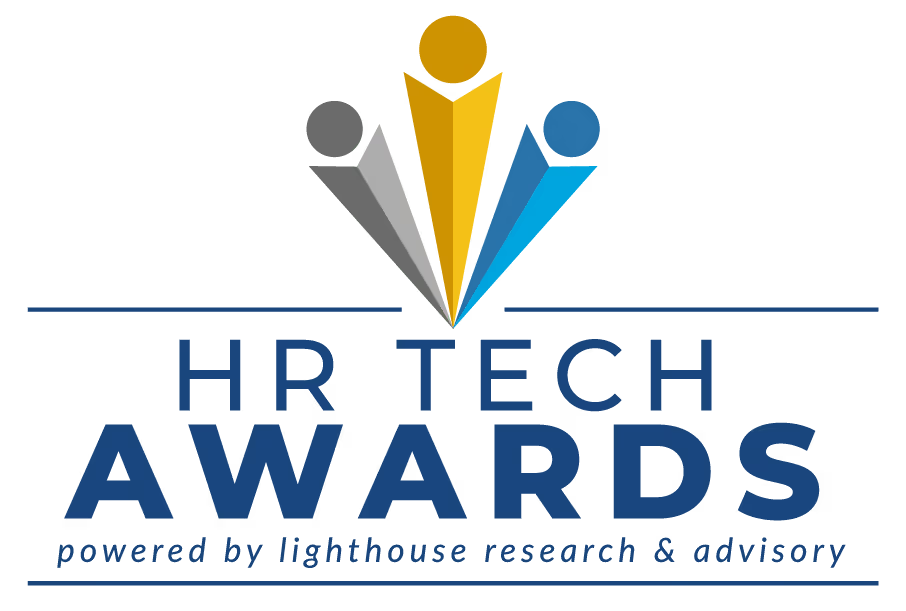
.svg)
